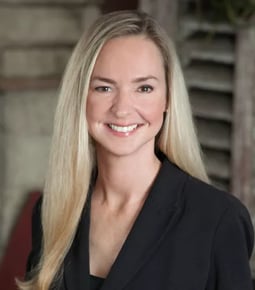Employers must send Medicare Part D creditable coverage notices to all Medicare-eligible individuals before October 15th, regardless of the employer's size or when the plan year starts.
Who this applies to:
- Large employers with fully insured and self-funded health plans
- Small employers with fully insured and level-funded health plans
Go Deeper:
The employer must give a notice to Medicare-eligible individuals who are enrolled or seeking to enroll. Identifying these individuals can be difficult - particularly when eligibility for Medicare is based on a factor other than age, such as disability or end-stage renal disease. As a result, it may be easier to give Medicare Part D disclosures to everyone who is enrolled, or seeking to enroll, in the group plan.
The employer should first check with the carrier or TPA to see if a determination has been made for each specific plan an employer offers. If the TPA or carrier will not make that determination, then the employer must either use CMS’s design-based simplification method (linked here) or obtain an actuarial determination. Unfortunately, the design-based method is quite difficult for an employer to use, so if the carrier or TPA doesn’t provide a determination, then CMS says an actuarial determination must be made.
The notice may be sent by mail or electronically if the DOL’s electronic disclosure requirements are met.

COMMENTS